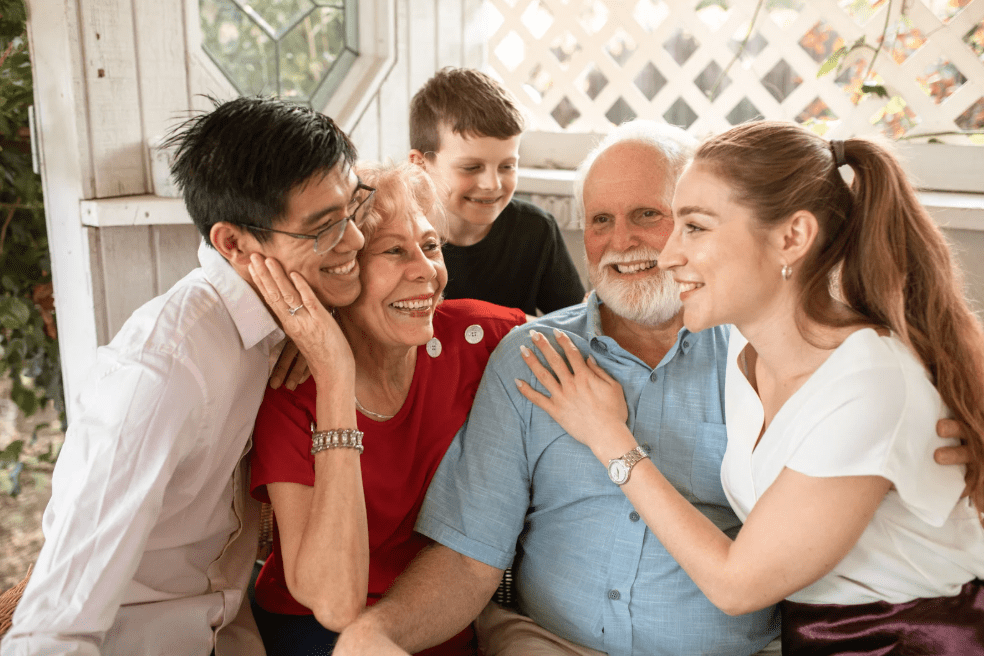Table Of Contents
Some studies have shown that women in general are more vulnerable to developing post-traumatic stress disorder than men, at up to twice the rates. With thousands of women home after serving in Iraq and Afghanistan, researchers are in a good position to start trying to figure out why. Understanding PTSD’s effect on women could impact how war-related mental health problems are treated.
One possible explanation for why women may be more susceptible to PTSD came out of a recent study that pointed to differences in how men and women “learn” to fear. The study was led by a staff psychologist at the San Francisco VA Medical Center. Learning to fear, or “fear conditioning,” is vital to our safety, for example, not to touch a hot stove after you do it once.
But in people with PTSD, neutral stimuli might trigger a fear or stress response. For service members, that means the line of cars or the trash on the side of the road or the smell of the area where an explosion occurred all get associated with the actual traumatic event. That learning becomes so ingrained that even neutral cues – debris on the side of the road might trigger that fearful memory.
For the study, 13 women and 18 men with PTSD sat in front of a computer and watched different images with an electrode attached to their fingers. Some of the images were paired with a small electrical shock to create the fear association. The researchers monitored heart rates, sweat levels and facial muscle tension to track the fear responses and to measure how intense they were. They found that the women developed stronger responses to cues that were associated with shocks than the men. The study results suggest that women and men might learn fear responses through different mechanisms, which could be a factor in greater rates of PTSD in women
The study was published online in October in the Journal of Psychiatric Research. There are many, questions left unanswered. All the participants had PTSD, so researchers had no way to determine whether women in general learn fear differently than men, or just those with PTSD. Other studies have found that women and men without PTSD respond the same to fear conditioning. Also, some of the participants were not veterans and had developed PTSD after trauma that was not combat related. So researchers could not make specific inferences about veterans.
But if women and men do undergo fear conditioning differently, that means they might experience what is known as fear extinction differently and that could affect treatment strategies.
If you or a loved one suffers from PTSD, you are not alone. We encourage you to take a look at our free PTSD resources. Suffering from PTSD and wondering if you qualify for veterans disability benefits for PTSD? Our veterans advocates are happy to evaluate your VA disability case for free.

Veterans Help Group Serving Our Community
Veterans Help Group Serving Our Community By Bobbi Boudi, Director of Community Outreach & Amy...

How Much Back Pay Will You Receive?
What is VA Disability Back Pay? VA disability back pay is payment for benefits the veteran was...

Your Guide to VA Ratings: Sleep Apnea
Your Guide to VA Ratings: Sleep Apnea Sleep apnea can be a serious condition that may impact...





